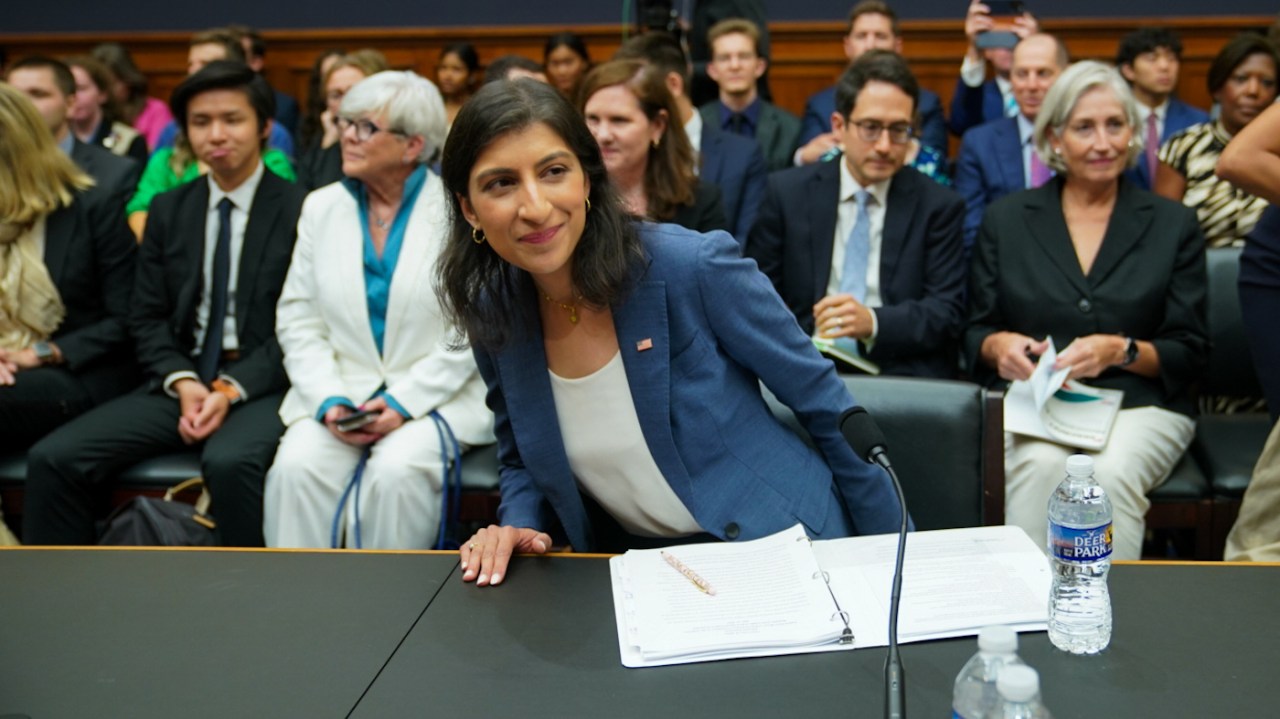Similarly, the Commission has exercised jurisdiction over an independent physician association claiming tax-exempt status as a nonprofit. The association consisted of private, independent physicians and private, small grouppractices.277 That association was organized for the pecuniary benefit of its for-profit members because it “contract[ed] with payers, on behalf of its [for-profit] physician members, for the273 In the Matter of the Am. Med. Assoc., 94 F.T.C. 701, 1979 WL 199033, at *221 (FTC Oct. 12, 1979). provision of physician services for a fee.”278 Under IRS precedent in the context of purportedly tax-exempt nonprofit hospitals and other related entities that partner with for-profit entities, where the purportedly nonprofit entity “has ceded effective control” to a for-profit partner,“ conferring impermissible private benefit,” the entity loses tax-exempt status.279

 thehill.com
thehill.com


